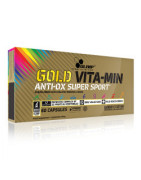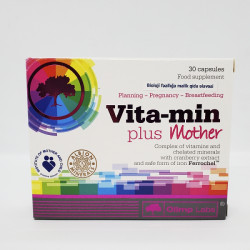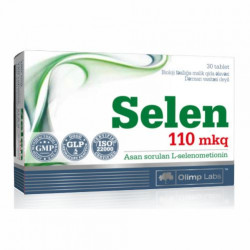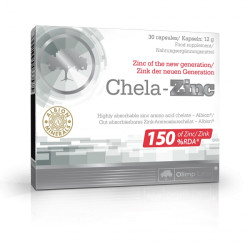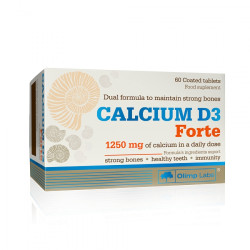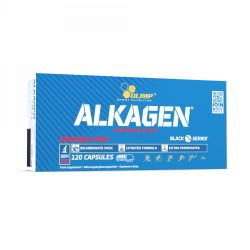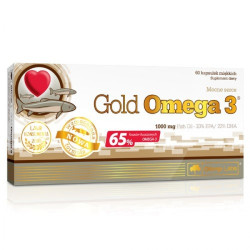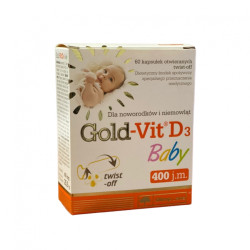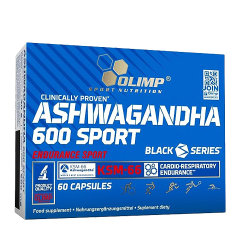Vitamins & Minerals
Vitamins and minerals are different nutrients that help maintain health. However, although vitamins and minerals are often grouped together, these compounds are chemically and biologically quite different. Both vitamins and minerals are considered micronutrients, meaning the body only needs them in small (or "micro") amounts. In large amounts, a constant excess of vitamins or minerals can do more harm than good. A certain amount of these substances should be provided daily: not too little, not too much
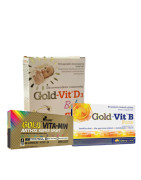
Subcategories
-
Vitamin C
Recent scientific studies have proven the superiority of the ultra-innovative form of vitamin C as fatty acid metabolites (PureWay-C®) when there are no forms of vitamin C - ascorbic acid, calcium ascorbate and calcium ascorbate/threonate (Ester-C®) on the market. This innovative form of vitamin C is extremely important, absorbs faster and shows its effect in the shortest time. Fatty acid metabolites of vitamin C (Pure Way-C®) pass very quickly from the gastrointestinal tract into the bloodstream, where active vitamin C is easily distributed to cells.
-
Vitamin Complexes
They are supplements created to provide the body with vitamins, minerals and other nutritional elements. Such supplements are available in tablet, capsule, powder and liquid form.
-
Minerals
Minerals are inorganic compounds. This means that they retain their chemical structure regardless of exposure to air, heat or other elements. There are two types of minerals: Major (essential) minerals (sometimes called macronutrients) and micronutrients. Major minerals are classified as those needed in amounts of 100 milligrams or more per day and include: Calcium Potassium Phosphorus Sodium Chlorine Magnesium Sulfur Micro-minerals (required less than 100 mg per day) include: Iron Zinc Iodine Chromium Selenium Fluorine Molybdenum Copper Manganese.
-
Fish Oil
Fish oil, the best source of omega-3 fatty acids with countless health benefits, is an animal-derived oil derived from oily fish. Fish oil supplements containing omega 3 fatty acids and vitamin D are used by both children and adults.
-
Vitamin D
Parents know that vitamin D is necessary for the growth and proper development of the child. Because pediatricians tirelessly explain that vitamin D deficiency causes the development of RACKETS, a serious disease. Is it possible to forget about vitamin D, saying that the child is three years old and the "dangerous age is behind"? Not at all; its deficiency can still pose a serious threat
-
Vitamin B
Vitamin B is one of the most important vitamins in the body. The benefits of this vitamin are many. It has serious benefits, especially on the digestive system and stomach. In case of deficiency, the immune system and digestive system are the first to be affected.


